Experts to visit Hirmand River sources in bid to secure water rights: Iran envoy
A group of Iranian experts are for the first time expected to visit the Hirmand River and its sources in neighboring Afghanistan, says Iran’s special envoy on Afghanistan affairs.
In an interview, Hassan Kazemi-Qomi announced the planned visit to Deh Rawood water measuring station as the latest measure by the Islamic Republic to secure the country’s share of water from Hirmand.
“Our delegation is currently in Kabul. The visit [to the water measuring station] will be made and we will soon receive its report,” he added.
Deh Rawood station, which is located upstream of the Kajaki Dam on the Hirmand, measures the amount of water entering the river.
Iran and Afghanistan are locked in a dispute over the Hirmand water supply, which rises in the Hindu Kush Mountains west of Kabul and flows in an arc southwest until it empties out into the Hamoun wetlands, located in Iran’s arid Sistan and Baluchestan Province.
Following more than a century of rifts, the two countries signed a treaty in 1973 to establish a means of regulating their use of the river.
Iran must receive an annual share of 820 million cubic meters from the Hirmand under the accord, which Afghanistan has grossly violated in letter and spirit, endangering the lives of many Iranians who rely on Hamoun wetlands for drinking water, agriculture, and fishing.
The Islamic Republic says Afghanistan is blocking the flow of water, but the Taliban administration claims there is not enough water to flow into Iran.
Iran recently rejected the Afghan claim by publishing satellite images of water behind the dams built on the Hirmand.
Kazemi-Qomi further said, “According to the [1973 Helmand River] Treaty, we can verify the other side’s claim of water shortage.”
During a visit to Sistan and Baluchestan back in May, Iranian President Ebrahim Raeisi warned Afghan rulers that Tehran will in no way tolerate a rights violation of the province’s people.
US secretly deports migrants to Cameroon despite court protections
Israel intensifies crackdown at Al-Aqsa Mosque ahead of Ramadan
IRGC holds drills in Strait of Hormuz for second day
Iran FM: ‘Good progress’ made in latest round of indirect talks with US, 'clear path' ahead
US threatens Iraq with potential sanctions if Maliki returns as PM: Report
Iran and Russia’s quiet economic realignment
Iran Judiciary: EU resolution parrots counter-revolutionary claims
VIDEO | Aerial shots of floods in western France's Maine-et-Loire department


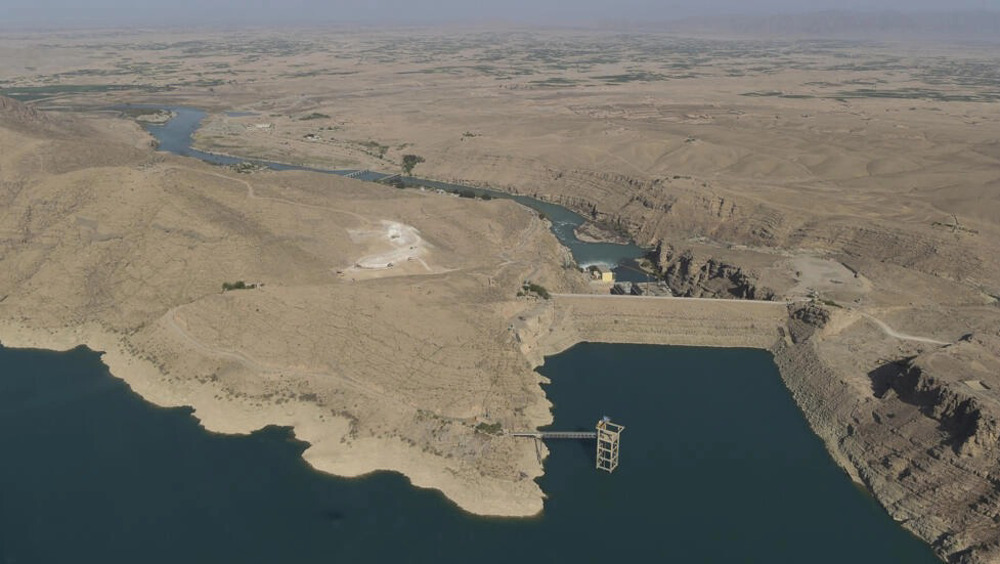
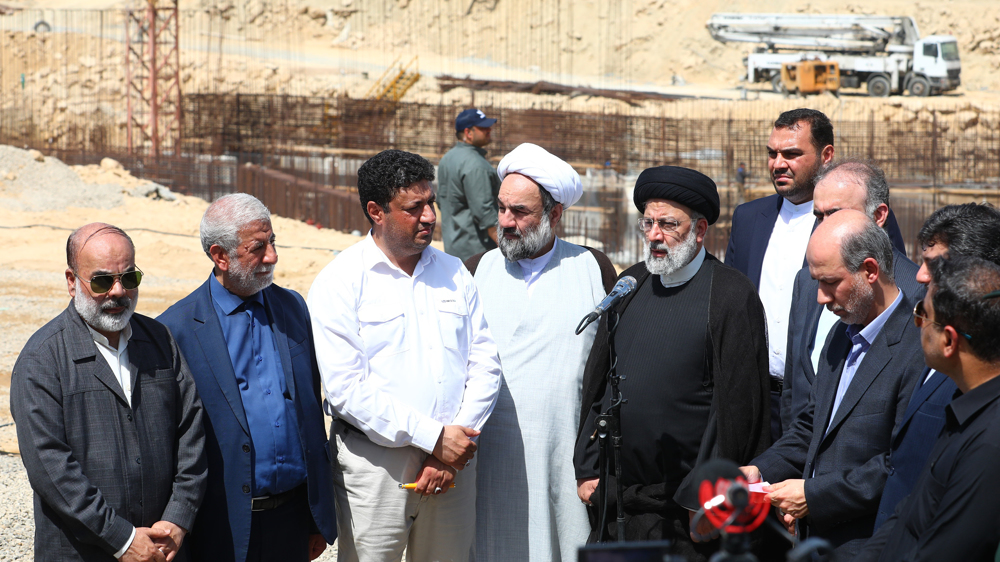
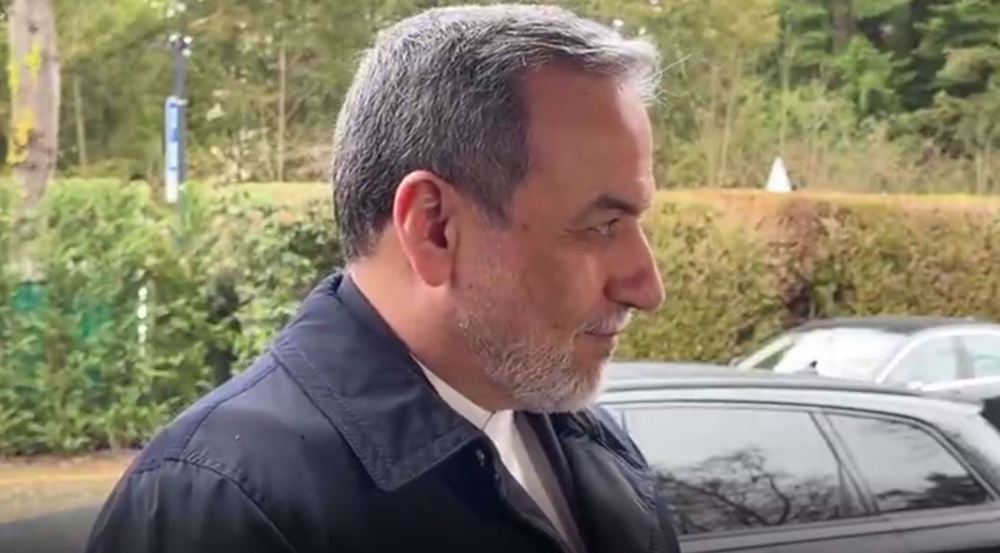
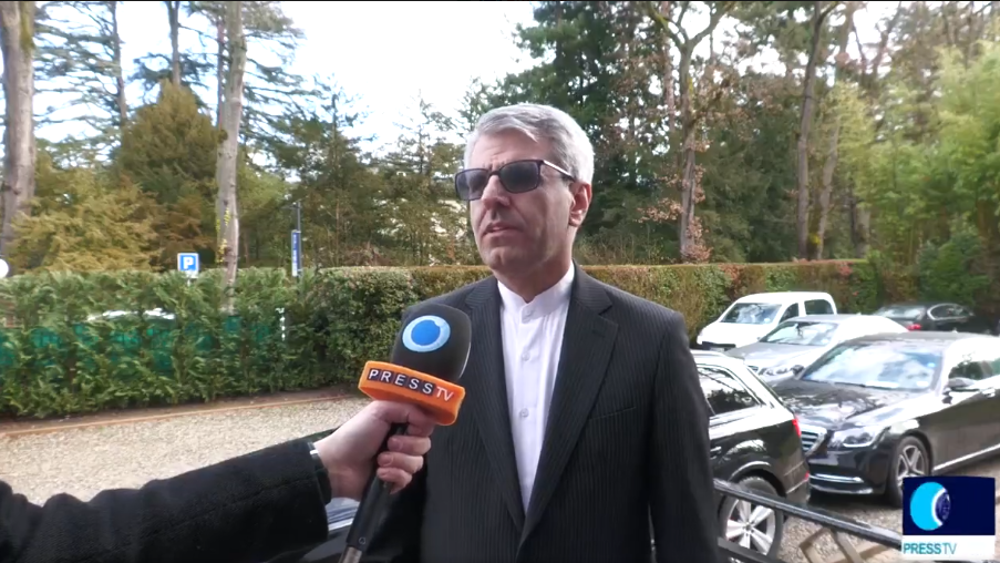
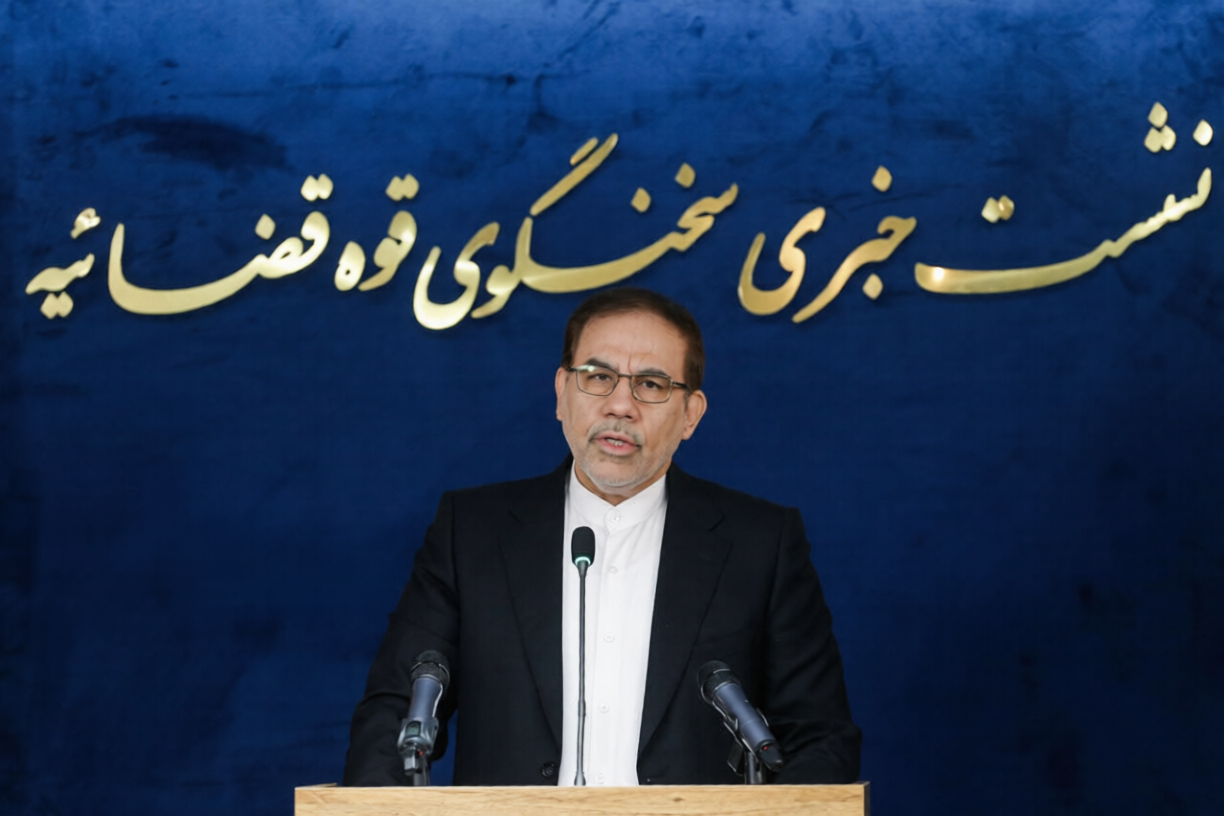



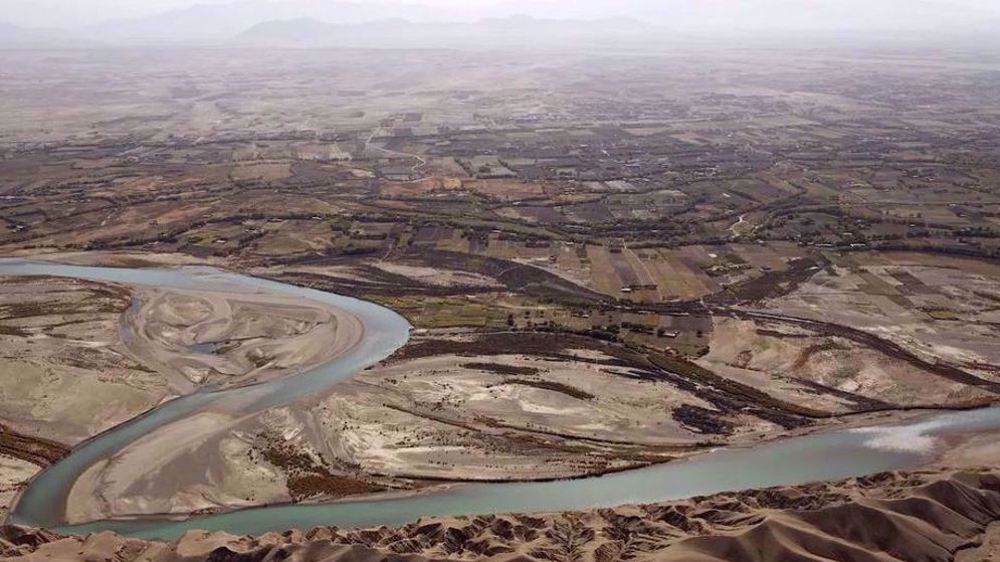
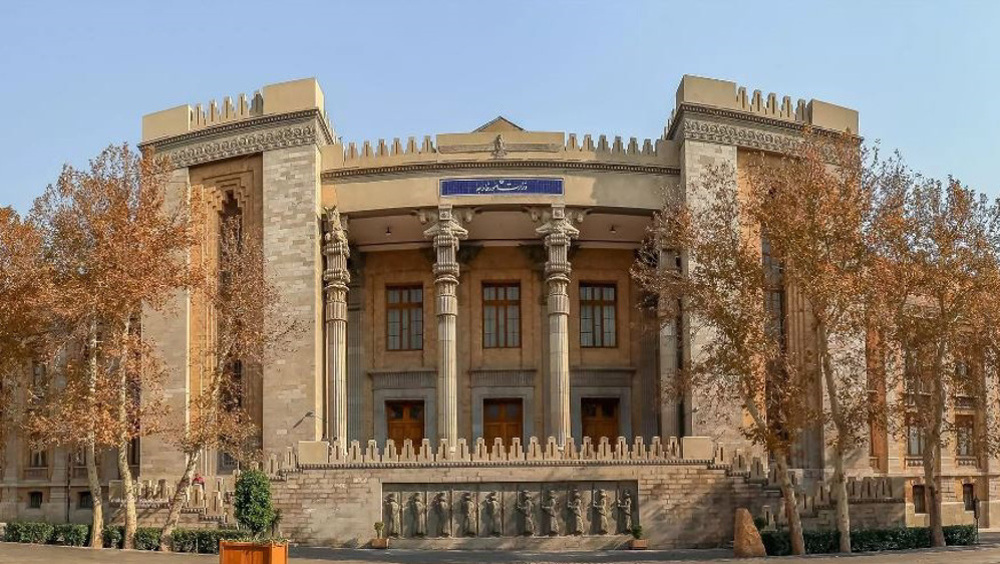
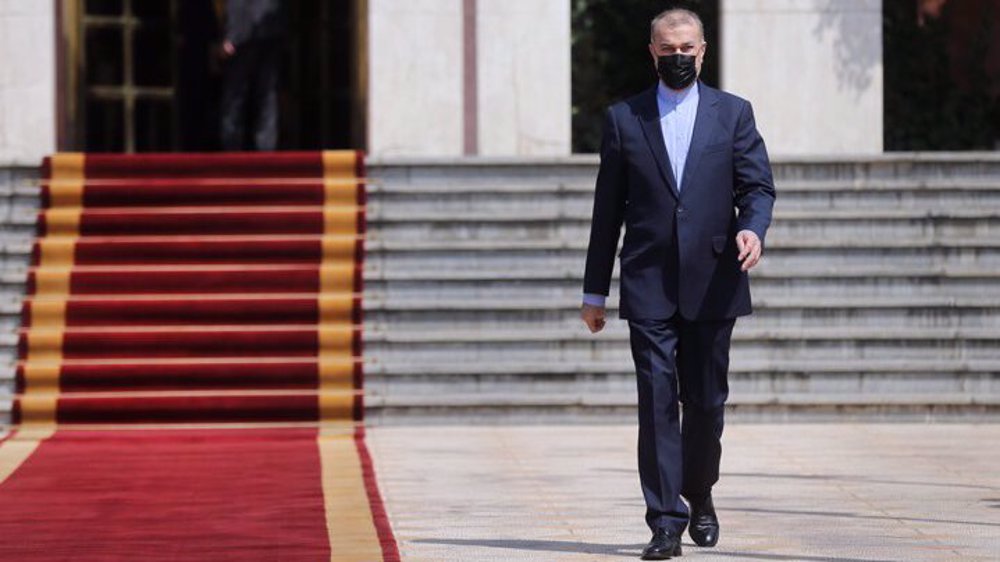
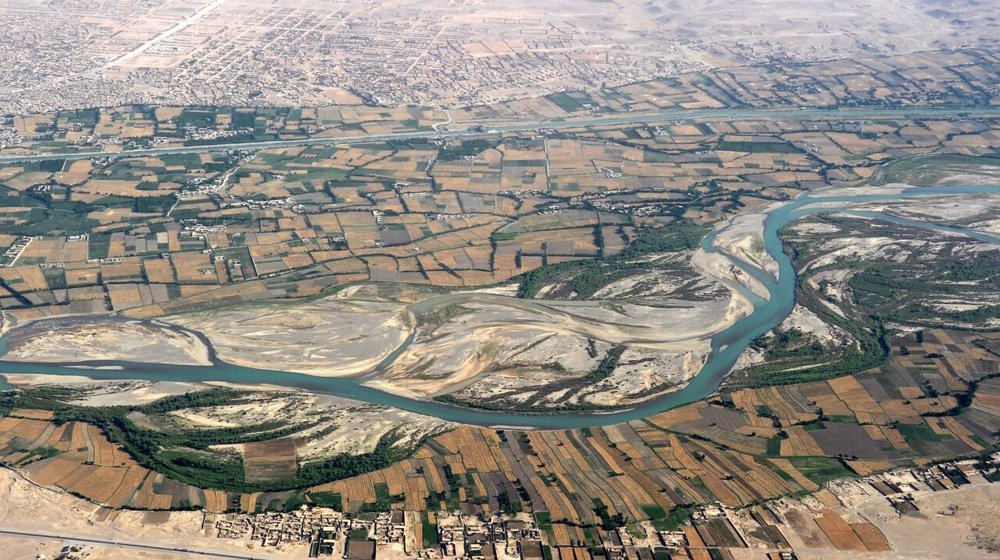
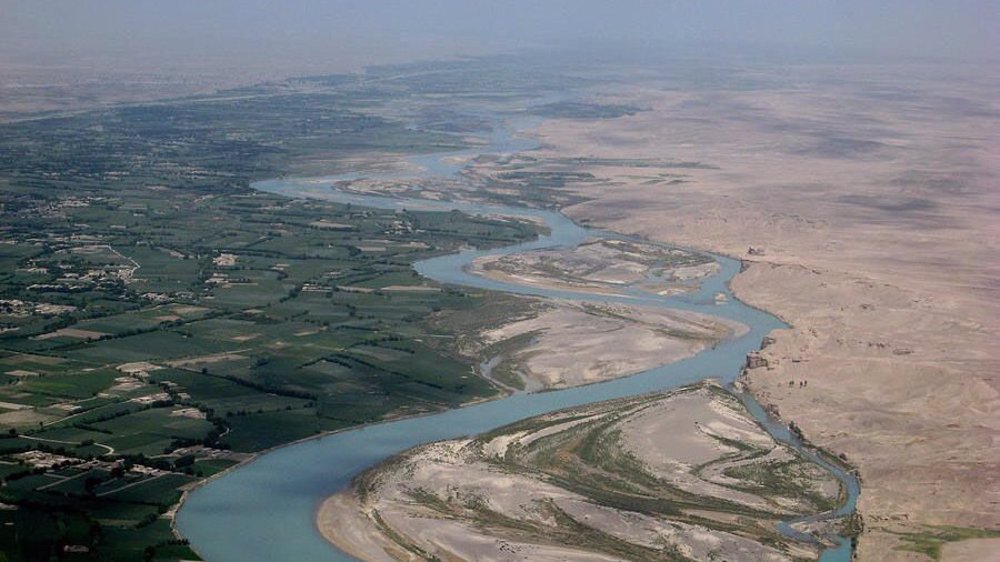
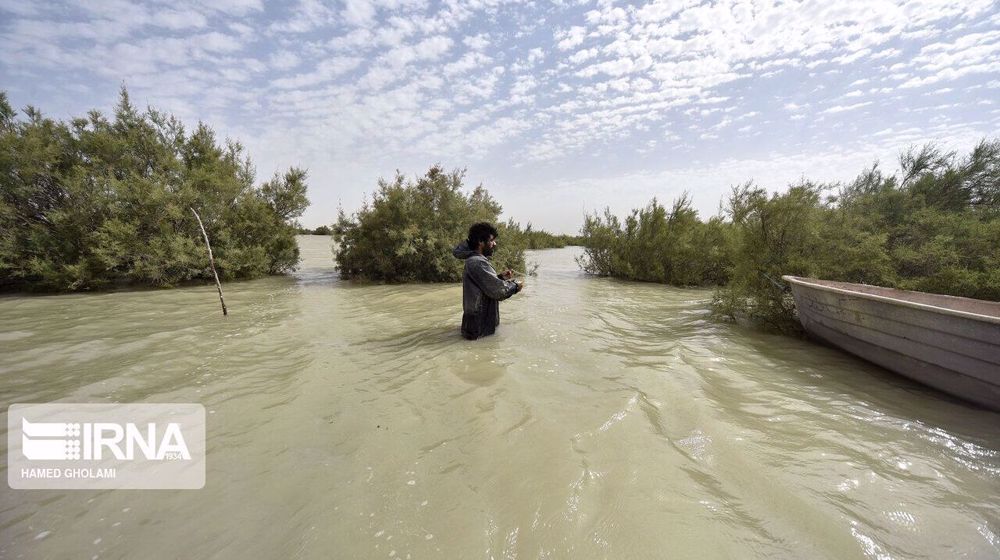

 This makes it easy to access the Press TV website
This makes it easy to access the Press TV website